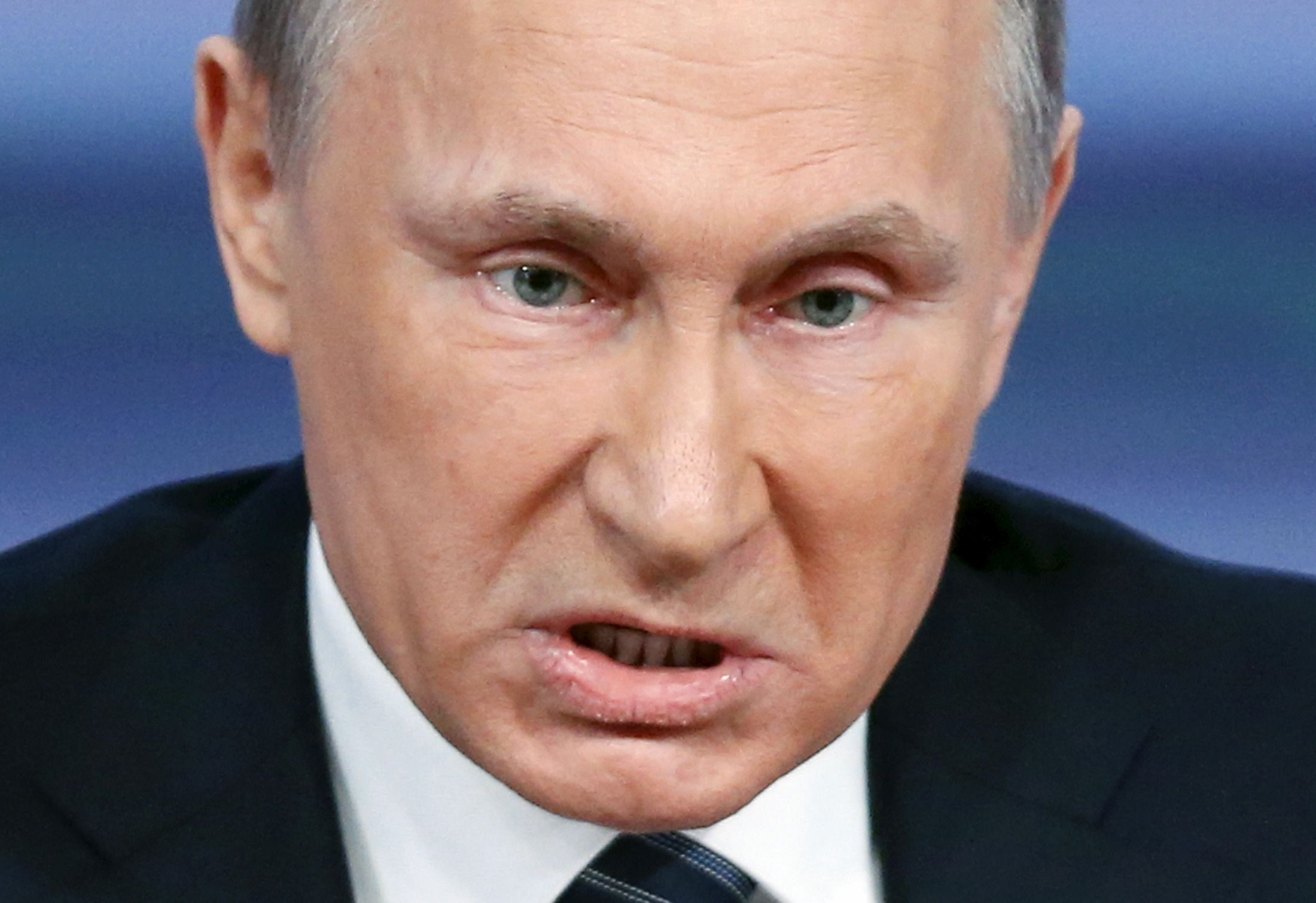
Membership of an organization comes with rules. If those rules are broken, generally, there are consequences.
Not so in international relations. If you are strong, rich or know where the bodies are buried, you may well be able to avoid ostracism, regardless of the weight of evidence against you.
Take Russia and its two high-profile examples of rule-breaking over the past week.
First, the Olympics. Russia has not been found guilty of simply harboring drugs cheats. It has been shown to have been engineering them on an unprecedented scale. Yet for a state-level violation, there will be no state-level sanction. Certain individual athletes are banned, but there is no penalty for the organizers or authorizers.
Second, the hacking of the data networks of the U.S. Democratic National Committee. There is evidence that this originated in Russia, though not yet conclusive proof that it was authorized by the Russian government. But regardless of the true origin, there are unlikely to be counter-measures−partly because it is felt that it could reveal Western intelligence capabilities and partly because the Russians already had access to them anyway.
Everyone else is doing it
Russia's interference in the indisputably sovereign affairs of other states is well documented—and indeed admitted. In December, President Vladimir Putin conceded that Russian military specialists were operating in Ukraine (though, oddly, many of his colleagues continue to deny it).
The most frequently used Russian defense is that everyone else is "at it" too. And of course this is true. Other athletes use performance enhancing drugs; other governments hack and steal information from allies, never mind competitors; and clearly the West has engaged in military adventurism when it would have been more prudent (and possibly more ethical) not to have done.
But there is not the equivalence that the Kremlin and its information outlets claim. No other country is known to have willfully masterminded a system to cheat in international sports tournaments. Russia is certainly among the leading utilizers of cyber warfare (regardless of whether the DNC hack is traced to the Kremlin). And no other country has quite the callous disregard for the independence of its immediate neighbors.
These proven breaches of "the rules" also expose the West's unwillingness to confront them—even when the evidence is damning and not even in dispute.
Rules made to be broken
So why, with such an accumulation of independently corroborated guilt, is more not done in response?
First, some punitive measures are deployed: Some Russian athletes are banned, some sanctions have been imposed. The G8 is now the G7, following Moscow's expulsion.
Second, the rules that are broken cover multiple disciplines—sport and international relations are just the latest. They follow industrial espionage, financial corruption, human rights and even environmental damage.
Again, Russia is by no means the sole perpetrator, but the point is that, since no single effective international body covers everything, the ability to respond with penalizing measures is diminished.
Finally, as noted, Russia is relatively powerful and rich; these assets suggest it possesses compromising information (kompromat in Russian) on individuals. International Olympics Committee president Thomas Bach and U.S. presidential candidate Donald Trump (like former FIFA president Sepp Blatter and former German chancellor Gerhard Schröder before them) may at some level believe they are, or could be, friends with Putin. But they must also know that they have been outmaneuvered by him. You can't censure Putin or Russia if you have been compromised by him.
Who will stand up to Putin?
The argument that Russia is too powerful to expel, ban, shame or allegedly provoke is, at least existentially speaking, worth consideration. After all, what use in a robust response if it ends in war or Armageddon? But how much rule-breaking can be tolerated without it leading to increasingly dangerous contraventions of accepted norms by Russia?
Has the West's cautiously modulated response so far deterred worse action by Russia or has it provoked more than there otherwise would have been? Would an easing of what Western pressure exists encourage or discourage? What would increased pressure on Russia do? Deter—or spur on to worse?
These are all "known unknowns"—that is, the consequences of action or inaction can never be fully known until after the fact. The Kremlin itself most likely does not know what it would do either in the face of either amplified Western pressure or Western capitulation.
In the absence of evidence, the common sense approach for rules-based organizations then surely is to clearly state the rules, outline the consequences of breaking them and—most importantly of all—enact those consequences if they are breached.
In other words, the likely best approach to Russia's law-breaking is simple but stringent law enforcement. The question is whether this is already beyond the abilities of the international community.
James Nixey is head of Russia and Eurasia at Chatham House, the Royal Institute of International Affairs.
Uncommon Knowledge
Newsweek is committed to challenging conventional wisdom and finding connections in the search for common ground.
Newsweek is committed to challenging conventional wisdom and finding connections in the search for common ground.
About the writer
To read how Newsweek uses AI as a newsroom tool, Click here.








